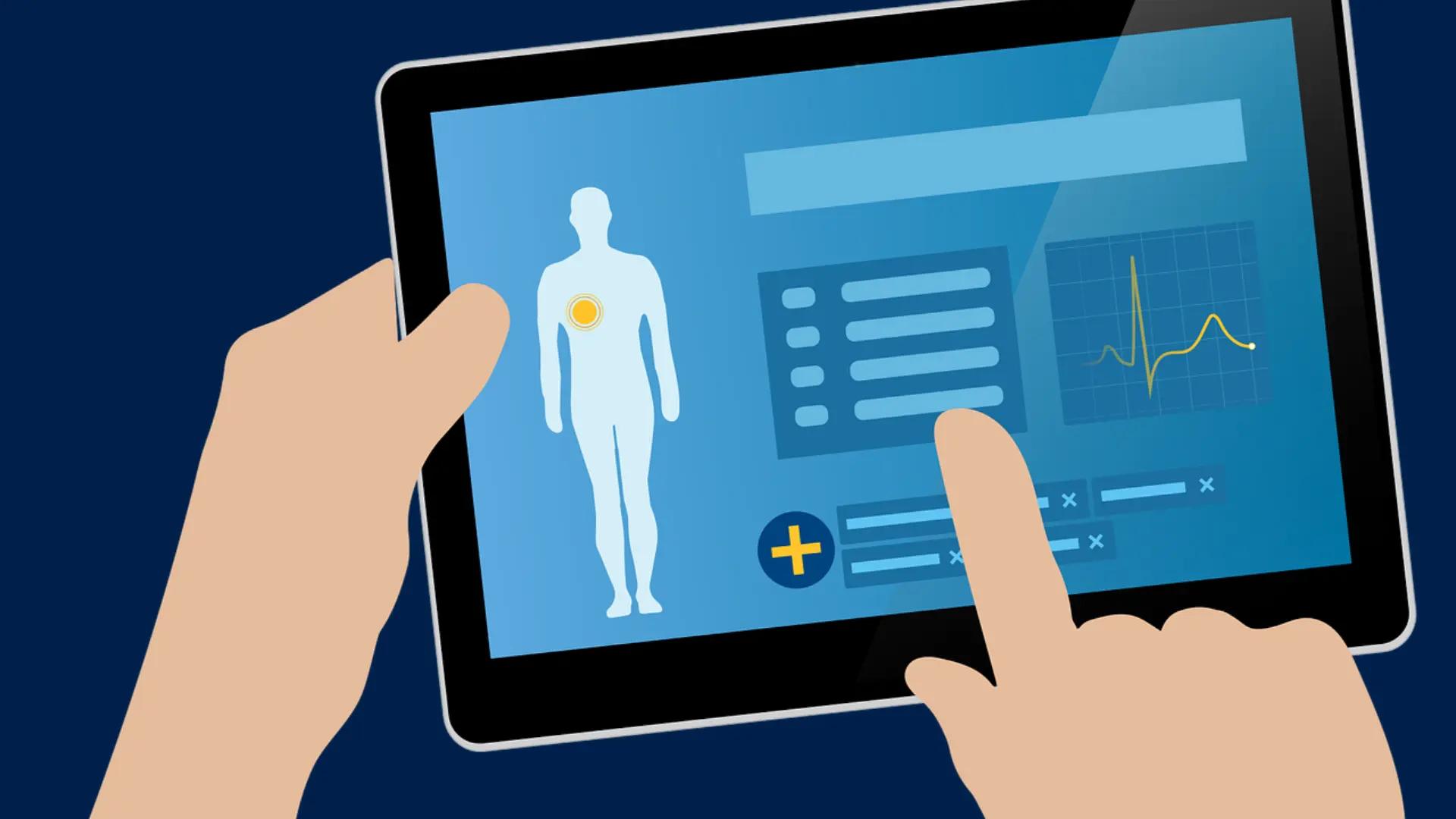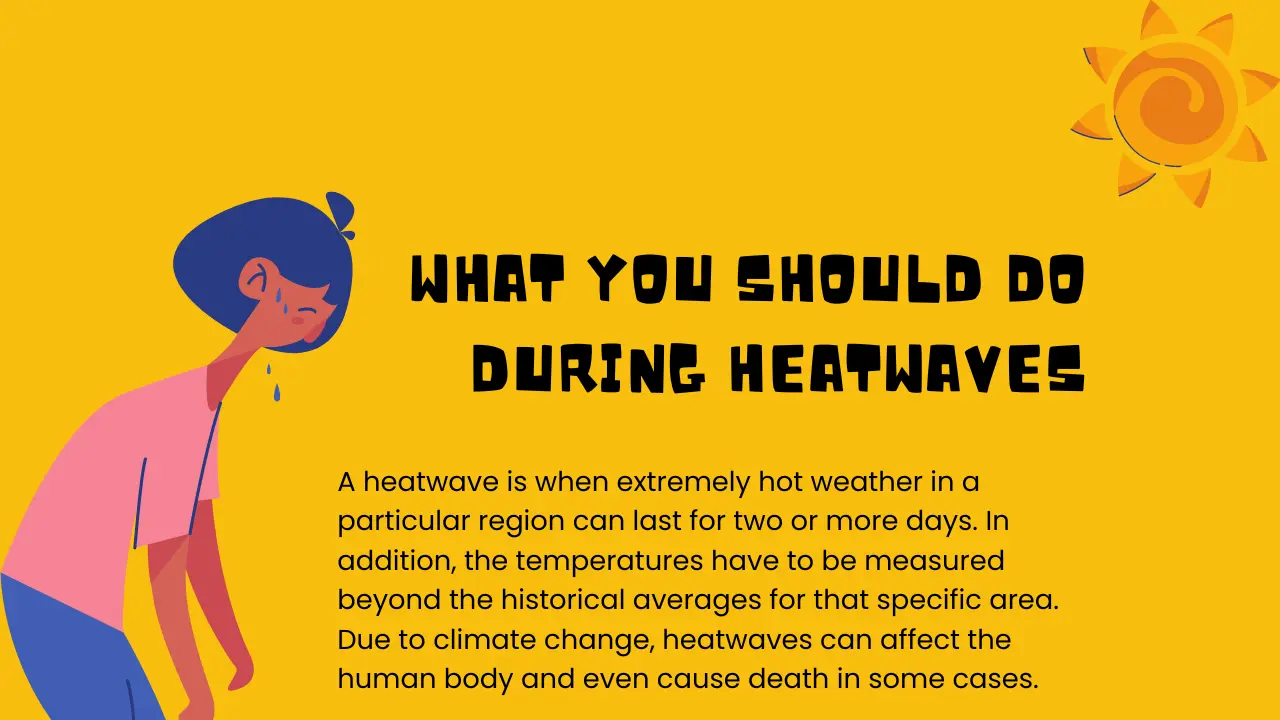
Empowering Patients: An Overview of Personal Health Records (PHRs)
- Team DQCare
- OCT 28, 2023
After years of relying on paper records and physician-made choices, the healthcare industry is undergoing a major digital revolution. Patient-Centered Health Records (PHRs) are at the heart of this evolution. This article defines personal health records (PHRs) and explores its many advantages.
Why do people need PHRs and how do they work?
Personal health records (PHRs) are electronic copies of a person's medical history. In contrast to EHRs, which are handled by hospitals or clinics, PHRs are owned and operated by individual patients. They contain a wide variety of information, including patient demographics, medical history, prescriptions, allergies, test findings, and even financial details. PHRs have become increasingly ingrained in our daily lives as smartphones and wearable technology have made health monitoring portable.
Benefits of Personal Health Records Exposed
There are several positive outcomes associated with using PHRs. Access to personal health records empowers patients to take an active role in managing their own healthcare. They are now an integral part of the care team rather than passive observers. Better Doctor-Patient Dialogue: Consultations are more fruitful when patients may easily access and share their health data. It helps clear up any confusion and gives both parties a complete picture of the patient's health. PHRs can save patients' lives by reducing the number of preventable mistakes doctors make. Medical errors can be prevented when doctors have access to complete patient histories so they can treat patients more effectively. Effectiveness and economy: Personal health records (PHRs) can save both patients and healthcare professionals a lot of money by minimizing the need for unnecessary testing and paperwork.
Difficulties and Future Steps
Problems can arise with PHRs just as they do with any revolutionary solution. There are some barriers to the general use of PHRs, including worries about data privacy, the digital divide among older populations, and the need for standardized formats. However, as knowledge and tools improve, these problems will become less severe.
Conclusion
There's little doubt that digital health care is the way of the future. With PHRs leading the charge, the focus of healthcare is shifting from hospitals and clinics to individuals. The prevalence and importance of PHRs will grow as more people learn the advantages of taking charge of their health.
Recent Blogs
-
 Electronic Health Record
Electronic Health Record
- Pratyush Jsud
- DEC 08, 2022
-
 Heat Stroke
Heat Stroke
- Pratyush Jsud
- APR 20, 2023
-
 Are we drinking enough water?
Are we drinking enough water?
- Pratyush Jsud
- APR 21, 2023
